Cate Blanchett mulls acting break, issues warning on cancel culture
Cate Blanchett says it’s important to have a ‘healthy critique’ of historical works of art, as she reveals that she’s thinking of quitting acting entirely.
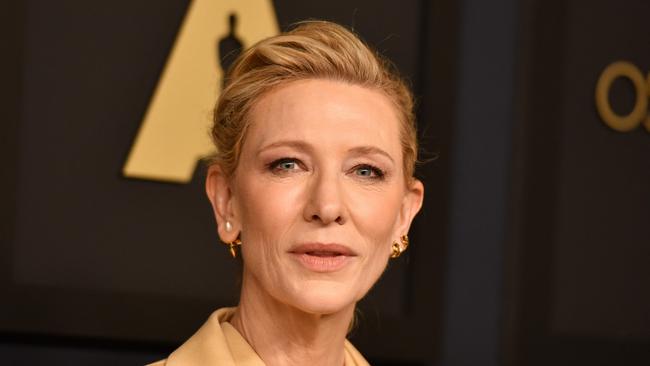
Cate Blanchett is thinking about quitting acting altogether.
The actor, who is favoured to win an Oscar for her role in the acclaimed drama Tár, said her desire to quit acting was “continual”.
In a profile with Vanity Fair, Blanchett said she found Tár to be “the most all-consuming, confronting, joyous, life-affirming endeavour I’ve ever been involved in”, and that after finishing the film, director Todd Field suggested she take a break from acting.
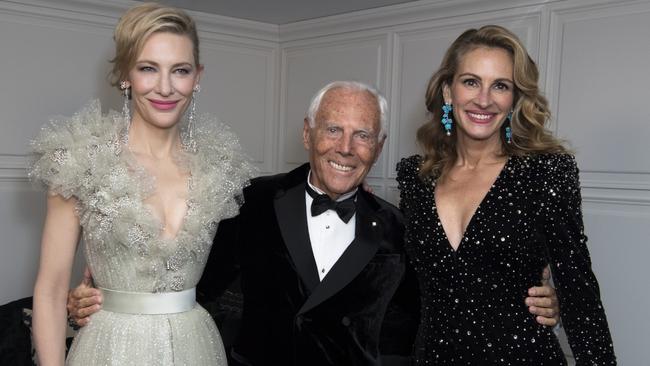
It is advice she ignored. Instead, she jumped right into Alfonso Cuarón’s upcoming Apple TV+ thriller Disclaimer, and co-produced and starred in the upcoming Australian film The New Boy, about an Indigenous boy in the 1940s, who arrives at a remote monastery.
Blanchett said that she considered quitting acting “on a daily or weekly basis”.
“It’s a love affair, isn’t it?” she said. “So you do fall in and out of love with it, and you have to be seduced back into it.”
It’s a sentiment the actor previously shared with Julia Roberts for Interview Magazine in February 2019, telling Roberts that “as you get older, acting just gets more and more humiliating”.
“When I was younger, I would wonder why the older actors I admired kept talking about quitting,” she said. “Now I realise it’s because they want to maintain a connection to the last shreds of their sanity.
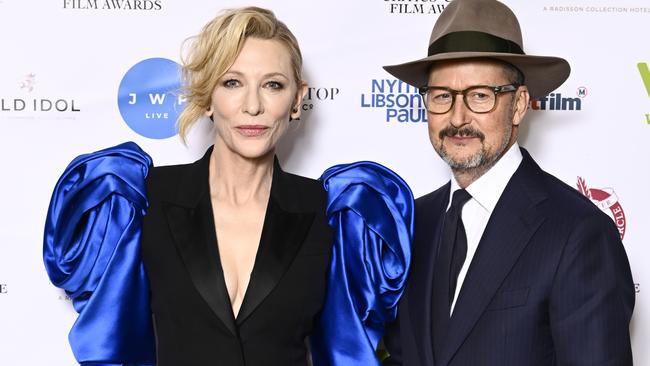
“As I get older, I ask myself if I still want to submit myself to the shamanistic end of this profession and go completely into madness.”
She told Vanity Fair that she had finally listened to Field’s advice, and had said no to a number of projects.
“I think it’s time to be quiet.”
Blanchett recently told Radio Times that society was “destined to repeat” the mistakes of the past if we continued to follow cancel culture.
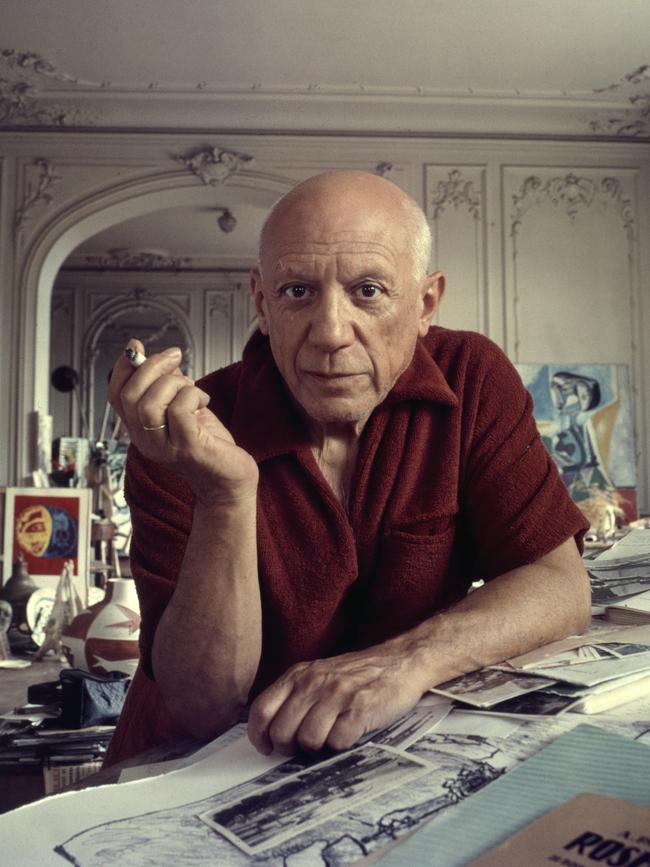
The actor, who has received both Oscar and BAFTA nominations for her performance as a prodigious female composer accused of sexual abuse in the film Tár, said it was important to have a “healthy critique” of historical works of art, regardless of the artist’s transgressions.
“If you don’t read older books that are slightly offensive because of what they say in a historical context, then you will never grapple with the minds of the time (and) we are destined to repeat that stuff,” she said.
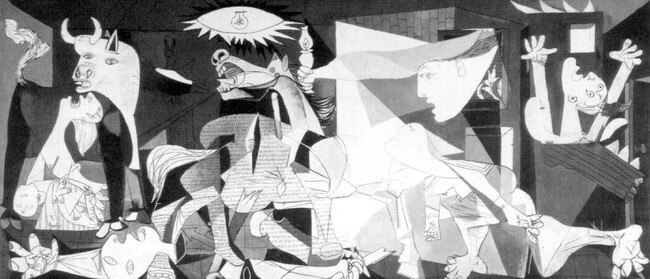
Blanchett noted Pablo Picasso, the flawed genius who told his lover Françoise Gilot that “women are machines for suffering”, and carved a path of misery and emotional destruction for the women that he claimed to love, leading two to madness and two to suicide.
“You can only imagine what went on in, outside and around his studio,” Blanchett said.
“But do you look at Guernica and say that is one of the greatest works of art ever? Yes, it’s a fact. It’s important to have a healthy critique.”
Blanchett pointed out that Tár used both cancel culture and the #MeToo movement as a lens to tackle “existential issues”.
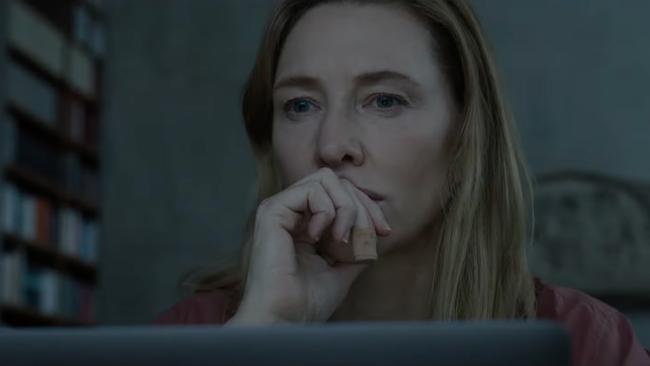
The actor’s comments come after criticism from revered conductor Marin Alsop that Tár is “anti-woman”. Alsop, who is name-checked in the film, said Tár offended her “as a woman, as a conductor, as a lesbian”.
Blanchett refuted this criticism and defended the film, saying it was a “meditation on power and power is genderless”.




To join the conversation, please log in. Don't have an account? Register
Join the conversation, you are commenting as Logout